
What to Expect in a Drone Pilot Job Interview?
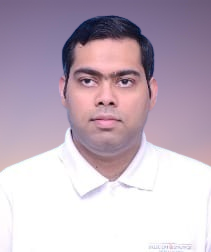
We all are part of a technological revolution going along nicely and, to say the least, also going from strength to strength. Every other day, we see a new addition to the technology spectrum. If we say so, drones have also undergone a revolution to reach their current form.
These unmanned aerial vehicles, once only part of the military and surveillance sector, now play a big role in different industries and recreational use. If it is for recreational use, anybody can try their hands at drone flying, but if it is for commercial use, there is a need for proper training and certification.
This blog is not about recreational drone flying but what an interviewer expects from a candidate applying for a job as a commercial drone pilot in any industry in India. Let's dive deep into an interviewer's mind and determine what questions a candidate can be asked and what answers the candidate can give.
Here are Some Drone Pilot Job Interview Questions & Answers

Can I Know a Bit More About You?
This is generally the first question that can be shot at any candidate facing an interview. If handled well, this question can calm the nerves of a candidate. One should try to be creative while answering this and not beat around the bush by telling the information already mentioned in the Curriculum Vitae. Try to say something that is not in the CV.
Mostly, this question is thrown at the candidate to check for any nerves in the candidate or if he feels confident about it. Try to muster your confidence and be as cool as a cucumber while answering the question.

What is the Importance of Drone Pilot Training for You?
The importance of drone training cannot be neglected when becoming a drone pilot in India. Flying a drone is technical, and one must have theoretical and practical knowledge of drone piloting. The training includes knowledge about the different parts of the drone, sensors and technologies used, and the ways to keep the drone in good condition. The entire process of drone pilot training is not very lengthy and only spans 5-7 days. So, in a short period, it is possible to learn the skill of drone piloting, and it can help you learn your livelihood.

What is the no-fly zone and how would you ensure you're complying with these restrictions?
A No-Fly Zone is where drone operations are restricted or prohibited for safety reasons. DGCA government agencies or private entities establish these zones to prevent drones from flying in areas threatening public safety, privacy, or national security. These zones include airspace around airports, military installations, and public events.
These are important in guaranteeing air traffic safety and the security of sensitive areas. Drone pilots must know about NFZs within their planned flight paths to evade penalties or disruptions. Many contemporary drones have geofencing technology that restricts flights in NFZs, averting unauthorized access to restricted airspace.
To ensure compliance with the regulations, I would read all the regulations regarding the no-fly zones for drones. I would also ensure that I knew about the no-fly zones of the area where I am drone piloting. Plus, I have been informed that using drones has geo-fencing capabilities.

Can you work under pressure, especially if there’s a time-sensitive project?
Yes. I know that drone piloting is a job where there can be a need to work under pressure, especially when it is a time-sensitive project. I have full confidence in my abilities and know how to keep calm under pressure when it is a crunch situation.

Do you have any certifications or licenses relevant to drone piloting?
Yes. I know that a drone pilot certification is mandatory for commercial drone operations. I possess a DGCA-approved remote pilot license from a reputed drone pilot training institute, which means that I am very able to operate drones for commercial purposes.

How do you use pre-flight checklists to prepare for a mission?
I understand the significance of pre-flight checklists and take them seriously. Before each mission, I examine the drone’s apparatuses for damage. Then, I checked the weather conditions to guarantee they were appropriate for flying and confirmed my flight plan. Lastly, I verify the drone's battery life and other apparatuses before taking off. By following these steps, I can certify that all safety protocols are met and that every mission is conducted safely and efficiently.
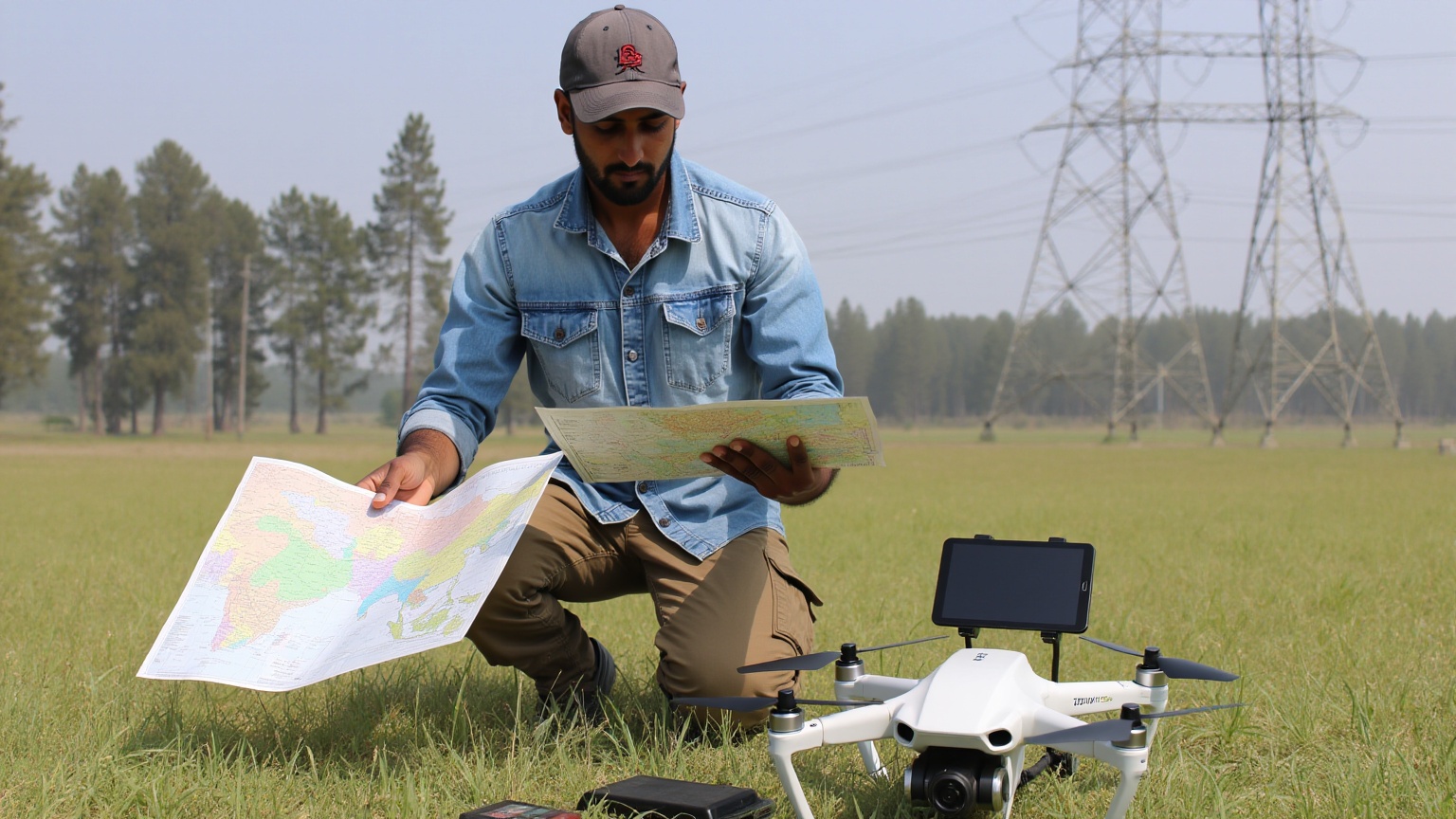
What strategies do you use to sustain situational awareness during a flight?
Drone pilots control a device in the air that is not connected to the ground. They must be conscious of their surroundings, the weather, terrain, and other factors that could affect the flight.
I use a multi-pronged approach to maintaining situational awareness while flying a drone. Before each flight, I check the weather forecasts. Throughout the flight, I use buildings or other landmarks to help orient myself in the air. Moreover, I check my drone’s instrumentation for speed, height or direction changes and often scan the airspace. If there is an issue with another pilot or drone, I follow protocols to guarantee everybody is safe.

What is your experience with different drones and their software?
Drone pilots should be skilled in drone flying and the tech that goes along with it. Software, sensors, and other aspects of drone tech are continually changing, so one needs to be aware of the advancements.
I have experience with drones, having flown various models. I am acquainted with popular software programs, such as Pix4D and DroneDeploy. I am always eager to learn novel technologies and try to stay informed on the advancements in the drone industry. I can quickly adapt to any novel systems and technologies that might be needed for the job.

How can Data Security be ensured when collecting info from a drone?
Drone pilots collect data, so it's important to ensure it is secure and take the necessary steps to protect it.
I am aware of the importance of data security. When collecting information from a drone, I make use of encryption to protect data in transit and storage devices. I also use secure networks for data transmission and conduct security audits to identify weak points. Moreover, I implement access controls to restrict unlawful access. I am familiar with various technologies that help to ensure data security.
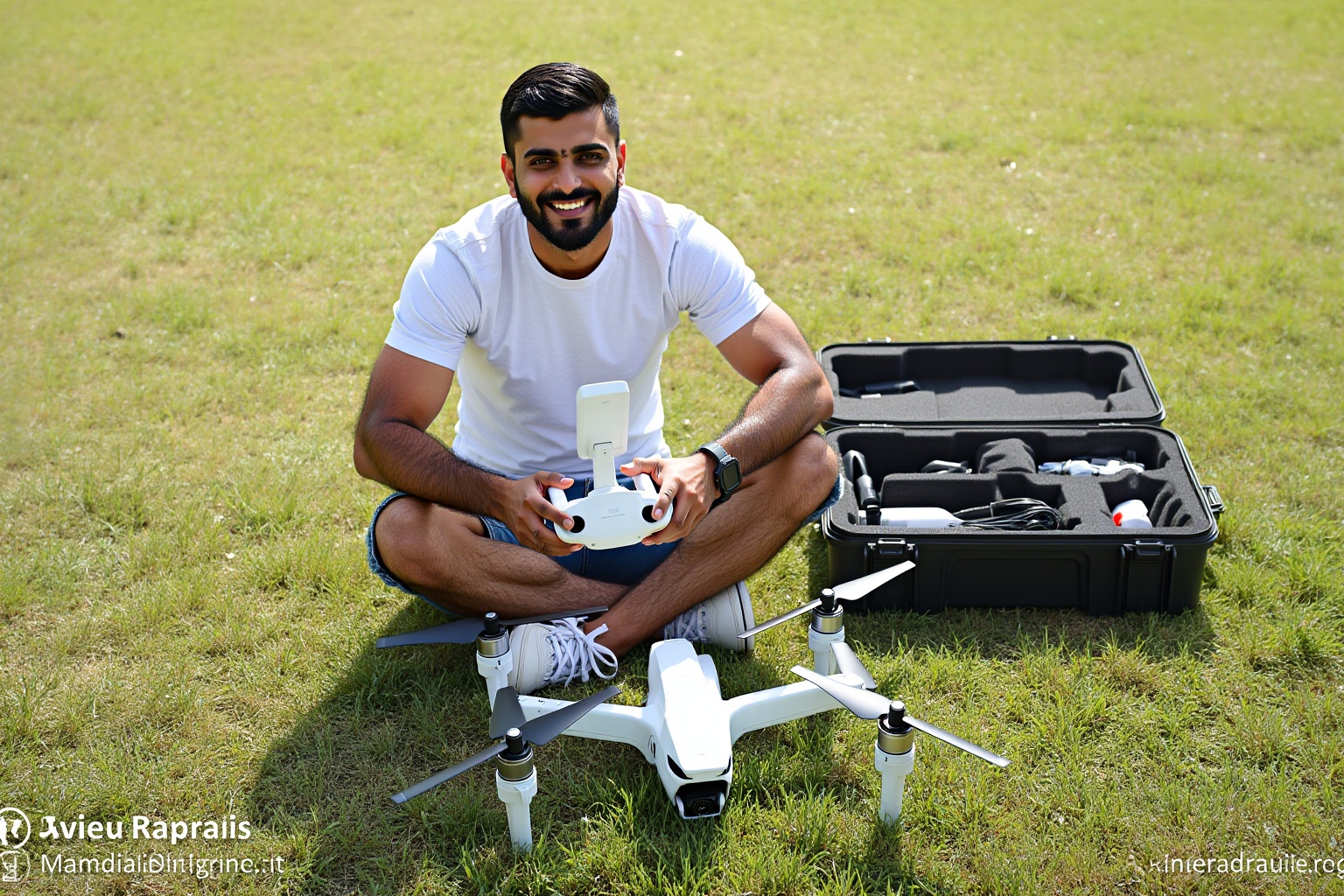
How do you manage drone battery life during a long mission?
Drones need widespread resource management. Pilots should manage battery life and other resources to ensure a mission is accomplished.
One of the most important things I do when flying a drone is plan the flight path. This helps to minimize battery use and maximize efficiency. I also use software to monitor resource usage throughout the mission and make alterations on the fly if necessary. I can use my knowledge and experience to guarantee successful missions for your organization.
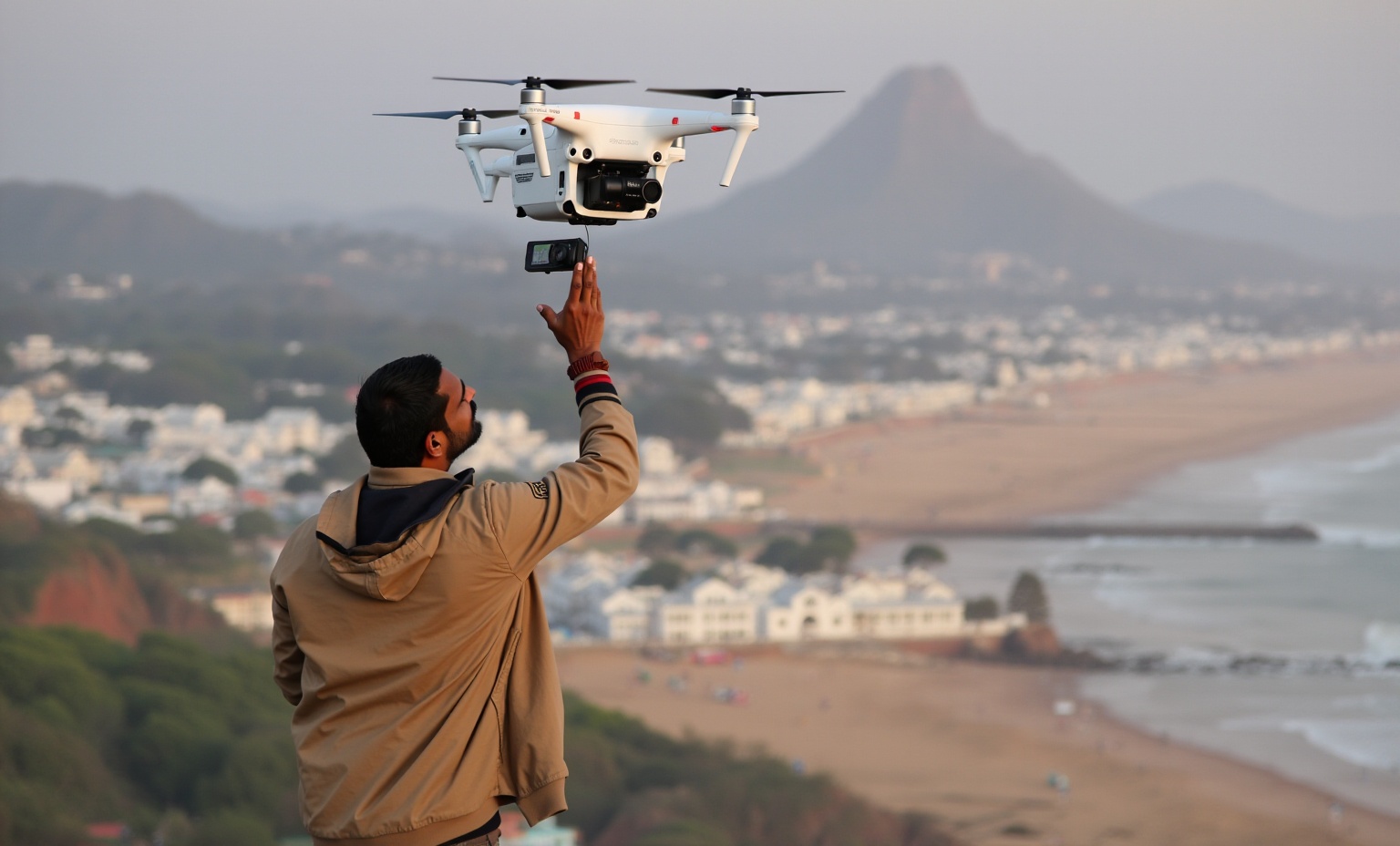
Which techniques do you use to capture superior aerial footage?
Drone pilots should understand how to capture superior aerial footage. They should be aware of the precise camera settings and filters and the several flight paths and manoeuvres that can be used to capture photos and videos. I am familiar with several camera settings and filters that can be used to get the chosen effect, and I also use creative flight paths to capture exclusive shots.

What would you do if you lost communication with the drone during a mission?
Drone pilots should respond to any situation while operating drones and know how to handle unforeseen events. Losing communication during a mission can be dangerous.
If such a situation arises, I would initially check the data logs to see if I could identify the cause. If I can’t determine the cause, I would reestablish contact with the drone using flight control systems. If I cannot recover contact, I will evaluate the situation to determine the safest action. I am trained on drone safety protocols and regulations, so I always follow the guidelines while attempting to recover the drone.

How do you handle unexpected weather during a mission?
Unforeseen weather conditions can cause problems in drone piloting. As a drone pilot, I check the weather conditions before flying for a mission. However, sometimes, there are sudden changes in weather during a mission before. I assess the situation. I ensure I have apt knowledge to handle the situation and proceed cautiously. I can make split-second decisions and am confident adjusting quickly to unforeseen weather conditions. I also know how to read the weather in advance.

Why do you want to be a drone pilot and what drives your passion for flying drones?
I want to become a drone pilot for several reasons. Recently, drones have become popular as tools for several industries. Companies realize that drone applications are endless, from engineering to construction to film production and public works.
With the maturation of the drone industry, many companies use the data from drones. The demand for skilled pilots has grown largely because of an improved understanding of how data can be used. So, becoming a drone pilot is worth considering.
The demand for skilled drone pilots is on the rise. As more industries rely on drones for various tasks, the need for experienced pilots will only increase. There is a wealth of opportunities for trained drone pilots like this one.
I have always had a passion for flying, and that passion is continuing, which is a big reason to consider drone piloting as a job.

What makes you the ideal candidate for this position?
I am an ideal candidate for this position because I tick all the boxes. I am a well-trained drone pilot and can work well under pressure. Plus, I believe in putting my best foot forward, working hard, and dedicating myself to helping the organization achieve its goals. If the organization can achieve its goals, I will also be able to achieve my professional goals as a drone pilot.

Some More Questions to be Prepared for the Interview
• Explain the difference between manual and automated drone flight modes.
• What’s your longest flight, and what was your strategy for managing the drone’s endurance?
• How do you ensure drone operations comply with privacy laws and ethical standards?
• What should you consider when selecting a drone for a specific project?
• How do you ensure effective communication on a team project?
Come to a Close
To become a drone pilot or drone pilot instructor, one must undergo thorough theoretical and practical training. You can get it all at Flapone Aviation, where there are top-notch facilities and instructors.
Related Blog
Latest updates and insights from Flapone Aviation.
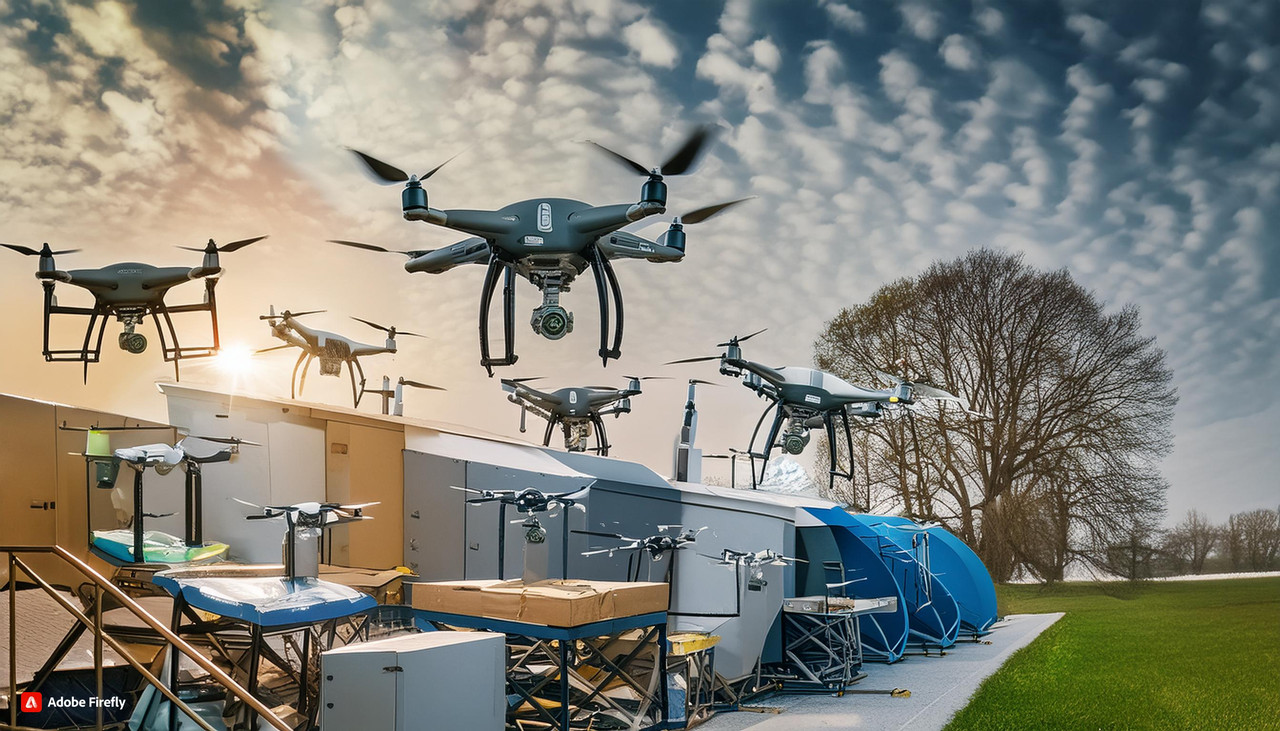
What Types of Drones Are Present in the Market?
October 8, 2024
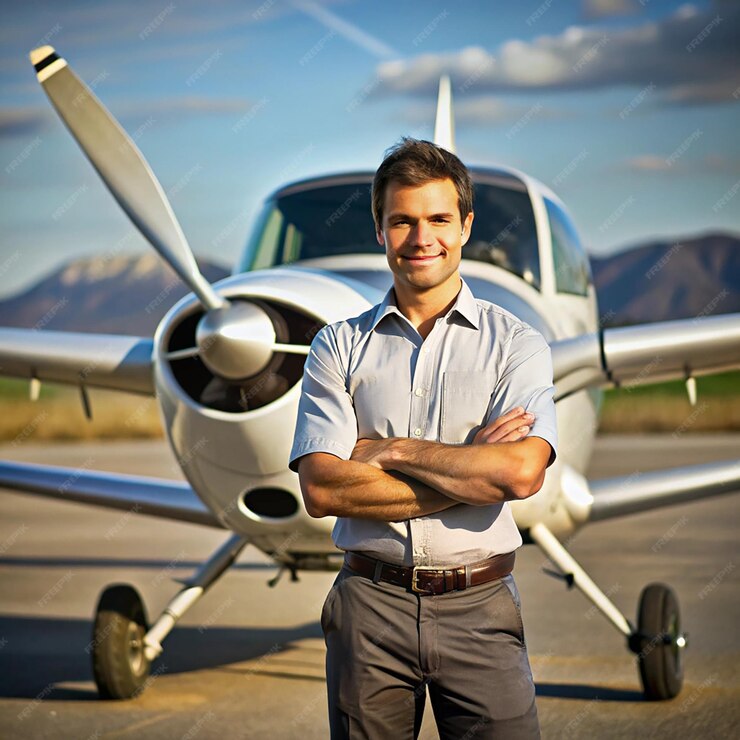
How to Become a Pilot After 12th in India?
February 7, 2025
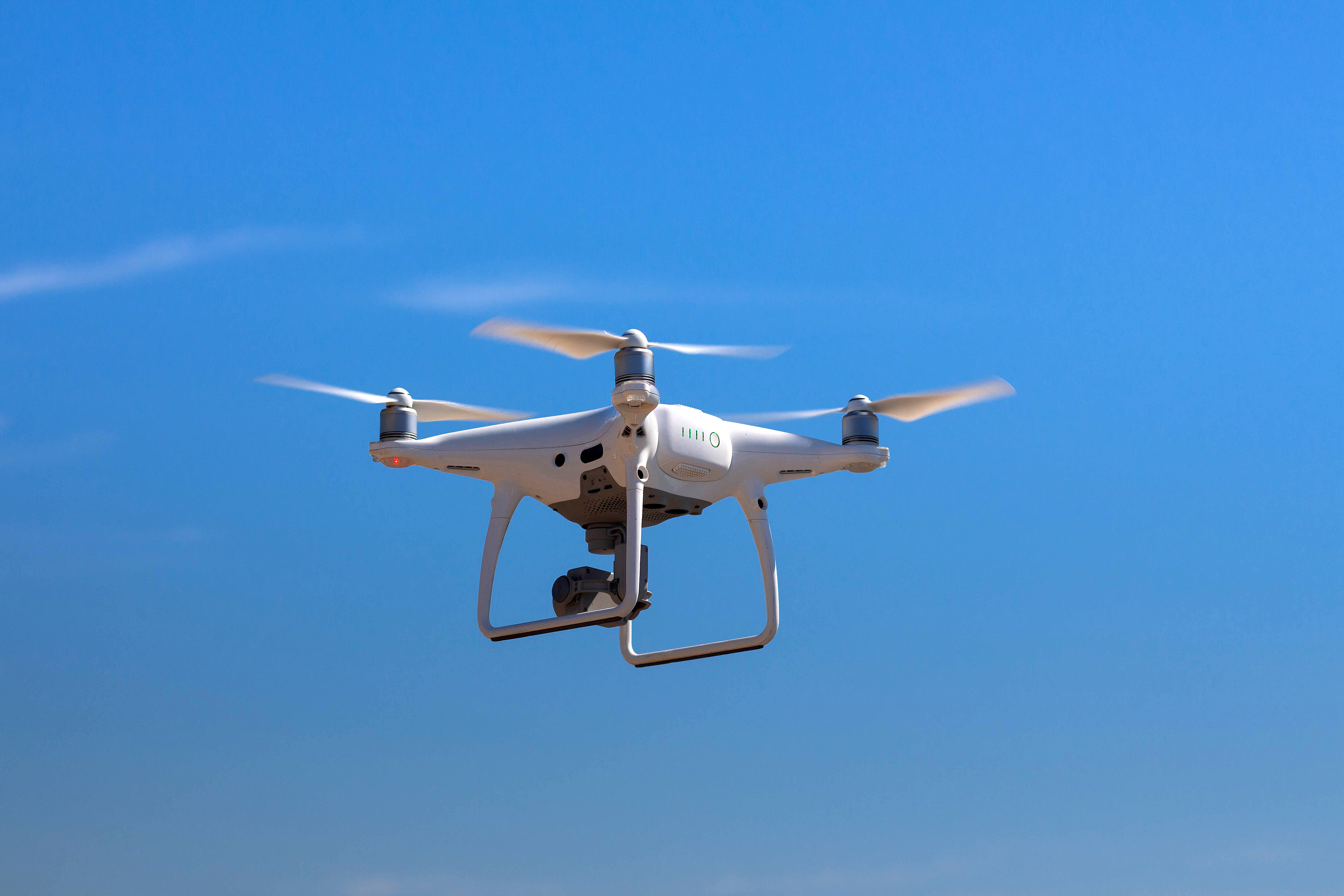
What are the Basics of Drone Piloting?
February 7, 2025
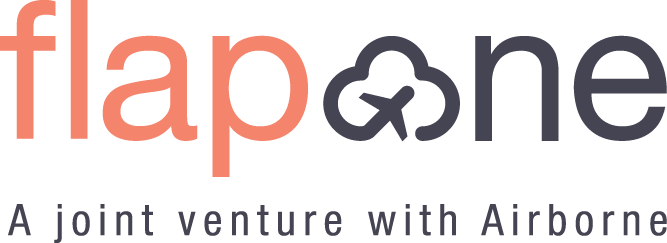



Author Bio
A dynamic and seasoned content writer with 6 years of experience curating content for different platforms. With the knowledge of all the cogs of content writing and SEO, he has served in various industries. He believes that content is the kingpin, and if penned well, it has a lasting impact on the minds of the readers. Apart from content creation, he is also an ardent poetry lover and performer. He has two publications of his poetry collection, namely Alfaaz and Chestha